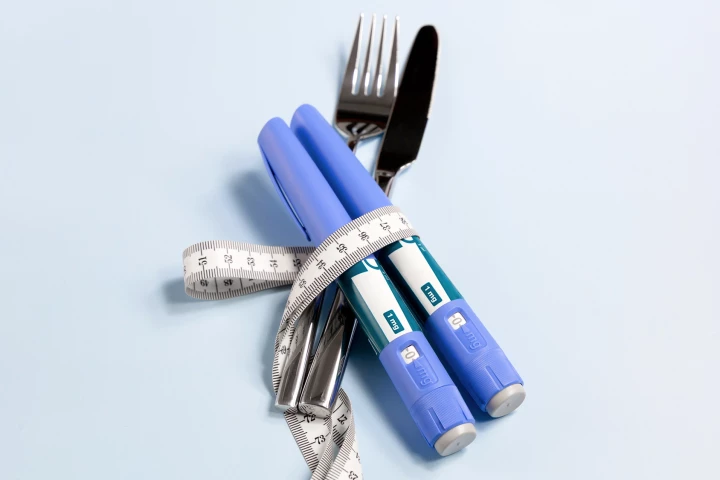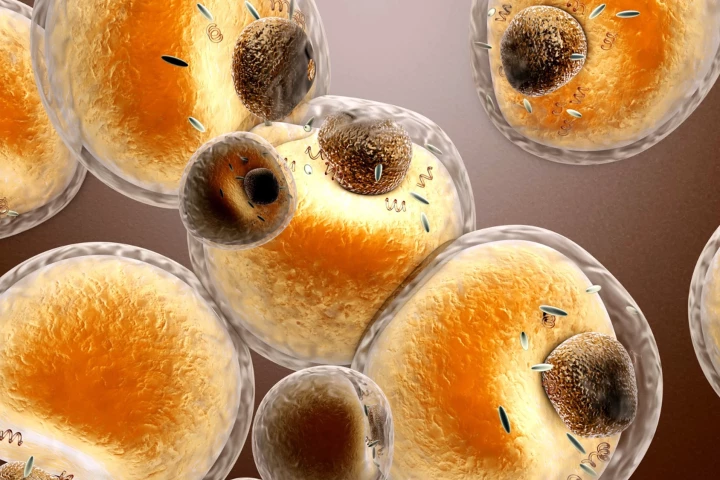Weight Loss
-
It looks like we'll see oral GLP-1 drugs on the market by 2026, with Eli Lilly reporting impressive results from a large, robust 72-week trial that saw obese patients lose an average of 27.3 lb, or 12.4% of their body weight, with a once-daily pill.
-
The first human-tested weight-loss drug that burns calories through creatine-based heat generation, without reducing appetite, has successfully completed its Phase I trial. In the trial, participants lost an average of 3% fat mass in two weeks.
-
Weight-loss drugs like semaglutide and tirzepatide may help shrink waistlines, but new research shows they fail to boost fitness and can cause serious muscle loss, potentially undermining the long-term health benefits of slimming down.
-
Synching your daily calories with your own circadian rhythm can improve glucose metabolism, protecting against type 2 diabetes and obesity. A new study uncovers the relationship between metabolic health and our personal, inherent biological clock.
-
Cutting a single amino acid from the diet caused rapid, drastic weight loss in mice by converting white fat into calorie-burning brown fat. The study reveals a powerful new mechanism for weight loss that doesn’t rely on eating less and moving more.
-
Alternating between a calorie-restricted plan and one high in fat and sugar, resulting in weight gain, is not just down to psychology and behavior. This kind of weight-loss-gain cycle – yo-yo dieting – has a surprising biological driver: The gut.
-
A new drug from pharma company Amgen shows promise as a powerful treatment for obesity. With just a once-monthly shot of 'MariTide,' participants in the study lost as much as 16% of their body weight over the course of a year.
-
Over the weekend, Novo Nordisk dropped a pile of scientific data on three new experimental weight-loss drugs, including an oral one, showing what appears to be a strategic "something for everyone" plan of attack from the pharmaceutical giant.
-
A novel weight loss drug in the same class as semaglutide has successfully met its targets in the largest clinical trial yet, with nearly 90% of participants losing at least 5% of their body weight. The results strengthen its case for FDA approval.
-
A small daily dose of kombucha made from black tea has been shown to meaningfully reshape the gut microbiome in adults – particularly those with obesity – without any dietary changes. It also reveals a lot about the importance of micro-biodiversity.
-
Consuming too much of the dominant fatty acid in olive oil may drive the production of fat cells, creating conditions that could lead to storing more fat long-term. Until now, weight gain has been largely attributed to the calorie content of such fats.
-
By eliminating the essential amino acid cysteine from the diets of mice, and disabling their ability to produce it, scientists have induced rapid and dramatic weight loss. The technique opens a new pathway to explore in weight-loss science.
Load More











